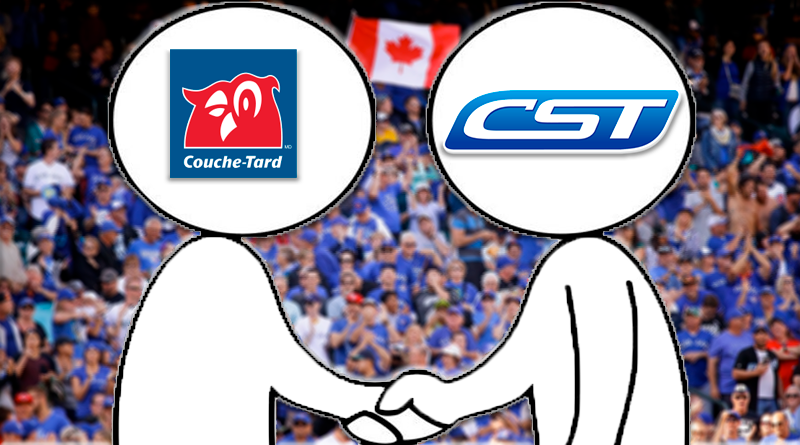CST acquisition by Couche-Tard: FTC decision on Monday, June 19?
On August 22, 2016, CST announced a historic agreement with Alimentation Couche-Tard to sell all of its assets under the following conditions:
- Couche-Tard will acquire all of the shares of CST for $48.53 per share in cash, without interest;
- The Laval-based company will pay approximately US$ 4.4 billion to complete the transaction, its biggest so far;
- The transaction value represents a premium of approximately 42 percent to CST’s closing stock price on March 3, 2016, the last date prior to CST announcing that its Board commenced an exploration of strategic alternatives to further enhance stockholder value;
- Couche-Tard indicated that once the transacton completed, it will set-up a new business unit in San Antonio.
With this major transaction, the number of Couche-Tard stores in the United States will increase from 5,304 in 2016 to 7,232 in 2017, the company now hovering behind its rival 7-Eleven which has 8,303.
But of course, all this is conditional upon approval of the transaction by the US Federal Trade Commission, which is the counterpart of the Competition Bureau in Canada.
Now, it has been more than nine months since the transaction was announced and still no decision. Is this normal?
It should be noted that such an agreement must follow a number of key steps to be approved.
After the companies report a proposed deal, the agencies will do a preliminary review to determine whether it raises any antitrust concerns that warrant closer examination. Because the FTC and the Department of Justice share jurisdiction over merger review, transactions requiring further review are assigned to one agency on a case-by-case basis depending on which agency has more expertise with the industry involved. During the preliminary review, the parties must wait 30 days (15 days in the case of a cash tender or bankruptcy transaction) before closing their deal. Based on what the agency finds, it can: 1) terminate the waiting period and allow the parties to consummate their transaction (this action often is referred to as an “early termination”); 2) let the waiting period to expire, which allows the parties to consummate the transaction; or 3) if the initial review has raised competition issues, the agency may extend the review and ask the parties to turn over more information so it can take a closer look at how the transaction will affect competition (this action often is referred to as a “second request.”). NOTE : that’s what the FTC did, which was announced by CST on November 17th.
The vast majority of deals reviewed by the FTC and the Department of Justice are allowed to proceed after the first, preliminary review.
According to the Dechert Antitrust Merger Investigation Timing Tracker, or DAMITT, the average duration for an approval process has been increasing steadily over the past three years to reach 9.9 months last year, as indicated in the following graph:
Applying this average to the Couche-Tard – CST transaction would mean that the decision would be announced on Monday, June 19, 2017, ending the suspense and finally allowing the shareholders of CST to pocket the gains from the sale of their shares .
Put this date on your agenda and make your bets!







